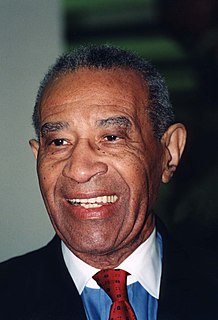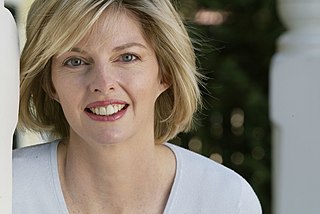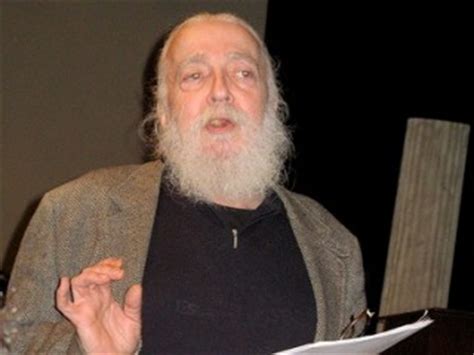A Quote by Eckhart Tolle
As long as we define ourselves in terms of our pain and our problems, we will never be free from them.
Related Quotes
So long as we insist upon defining our identities only in terms of our work, so long as we try to blind ourselves to the needs of our children and harden our hearts against them, we will continue to feel torn, dissatisfied, and exhausted…. The guilt we feel for neglecting our children is a byproduct of our love for them. It keeps us from straying too far from them, for too long. Their cry should be more compelling than the call from the office.
Though our brother is upon the rack, as long as we ourselves are at ease, our senses will never inform us of what he suffers. They never did and never can carry us beyond our own persons, and it is by the imagination only that we form any conception of what are his sensations...His agonies, when they are thus brought home to ourselves, when we have this adopted and made them our own, begin at last to affect us, and we then tremble and shudder at the thought of what he feels.
To forgive another from the heart is an act of liberation. We set that person free from the negative bonds that exist between us. As long as we do not forgive we pull them with us, or worse, as a heavy load. The great temptation is to cling in anger to our enemies & then define ourselves as being offended & wounded by them. Forgiveness, therefore, liberates not only the other but also ourselves. It is the way to the freedom of the children of God.
It is our own pain, and our own desire to be free of it, that alerts us to the suffering of the world. It is our personal discovery that pain can be acknowledged, even held lovingly, that enables us to look at the pain around us unflinchingly and feel compassion being born in us. We need to start with ourselves.
Grownups! Everyone remembers them. How strange and even sad it is that we never became what they were: beings noble, infallible, and free. We never became them. One of the things we discover as we live is that we never become anything different from what we are. We are no less ourselves at forty than we were at four, and because of this we know grownups as Grownups only once in life: during our own childhood. We never meet them in our lives again, and we will miss them always.
It is in the whole process of meeting and solving problems that life has meaning. Problems are the cutting edge that distinguishes between success and failure. Problems call forth our courage and our wisdom; indeed, they create our courage and our wisdom. It is only because of problems that we grow mentally and spiritually. It is through the pain of confronting and resolving problems that we learn.
Counting the numbers of troops is not going to define our success here.There is no military success, ultimately, to Afghanistan. The Afghans themselves are going to define what happens here. And we have to convince ourselves that we have a strategy in place that empowers them to do that and that is realistic in what our expectations are from them and on what schedule.
There are conversations going on about the Church constantly. Those conversations will continue whether or not we choose to participate in them. But we cannot stand on the sidelines while others, including our critics, attempt to define what our Church teaches... We are living in a world saturated with all kinds of voices. Perhaps now, more than ever, we have a major responsibility as Latter-day Saints to define ourselves, instead of letting others define us.
Oh, it is wonderful to know that our Heavenly Father loves us—even with all our flaws! His love is such that even should we give up on ourselves, He never will. We see ourselves in terms of yesterday and today. Our Heavenly Father sees us in terms of forever. Although we might settle for less, Heavenly Father won’t, for He sees us as the glorious beings we are capable of becoming.
Finding a way to extend forgiveness to ourselves is one of our most essential tasks. Just as others have been caught in suffering, so have we. If we look honestly at our life, we can see the sorrows and pain that have led to our own wrongdoing. In this we can finally extend forgiveness to ourselves; we can hold the pain we have caused in compassion. Without such mercy, we will live our own life in exile.
Some might say that looking inside of ourselves for spiritual truths is egocentric and selfish, and that egolessness and selflessness lie in working for others in the world. But until we find our inner truth, our work in the world will always revolve around our 'selves'. As long as we think about the world in terms of 'self' and 'others', our actions will be selfish. Our 'self' follows us wherever we go, so positive results will be limited.



































